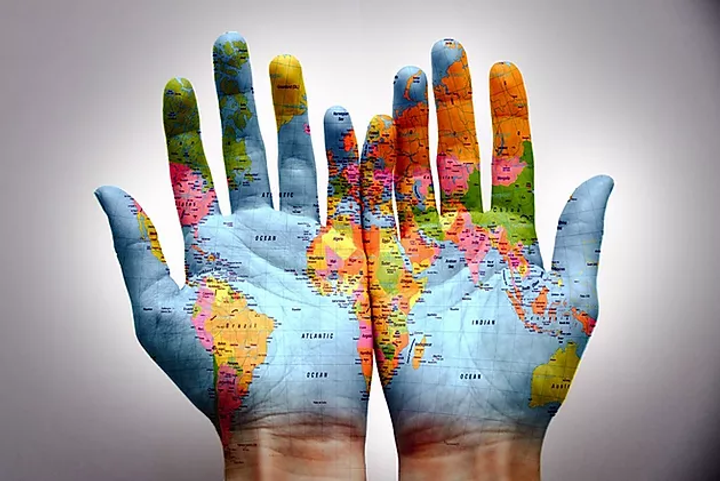
The past several years have seen Australia attracting the ire of many international allies. Is the notion of Australia as a globally minded citizen still relevant?
Recently however, Australia has made several foreign policy decisions that threaten our international standing as a country devoted to progressing the cause of humanity. Firstly, and possibly the issue that holds most traction, is the continued offshore detention of asylum seekers. Australia is a signatory to the United Nations refugee Convention, and as such has responsibilities to those legitimately seeking asylum in our country. Regardless of whether we call them asylum seekers or illegal immigrants, by definition of fleeing persecution due to their race, nationality, or membership of a particular social group or political opinion, these ‘boat people’ are refugees that have rights under the convention. Australia’s choice to ignore these obligations in the interests of playing politics is an affront to the international community, not to mention directly contradicting our own national anthem’s invitation to boat arrivals.
The United Nations High Commissioner for Refugees (UNHCR) has repeatedly expressed concern about Australia’s treatment of refugees, and especially children, in its offshore detention centres. Just last year Australia was vilified for its policies at a UN Human Rights Council Review by many countries including strategic partners such as the US and the UK, as well as Canada, Fiji, France, Germany, Sweden, Norway and Switzerland. Even Turkey, with its deplorable record of human rights abuses felt the need to address Australia’s apparent lack of respect for the treatment of women and children in detention. Possibly even more frightening, Australia’s offshore detention policy is being touted as a success by a rising wave of Nationalist politicians across Europe, and this is not an endorsement we need. This negative international sentiment becomes a real threat to Australia’s interests when we apply for positions on the Security Council, Human Rights Council, or even possibly nominate a candidate for the head role of the UN.
Secondly, Australia recently attempted to block a report in the UN that argued for banning nuclear weapon use internationally. This report, being introduced to a council discussing the possibility of legally prohibiting the use of nuclear force, was never expecting a challenge from its members. At the last minute, the Australian delegation initiated a vote on allowing the report to be introduced, a move that both surprised and deeply saddened fellow council members. The Japanese delegation, arguing for the ban of nuclear weapons on the ground of being the only nation to have ever suffered their use, were shocked by the apparent betrayal of a nation they considered an ally. To put the issue in context, Australia believes that the continued existence of nuclear weapons is essential to its security arrangement with the US. Like landmines and genocide, nuclear weapons have reached a point of collective international condemnation that renders their support incredibly unpopular. For Australia to move against the banning of nuclear weapons this soon after the Japan submarine contract debacle shows a lack of sensitivity to the perceptions of our key trading and defense partners. It also undermines Australia’s long-standing commitment to the denuclearization of the Asia Pacific.
The notion of being a global citizen may not be on the minds of our current leaders, but it is a concept that is being embraced by the most progressive nations in our world. The respect these countries receive in international diplomatic settings carries a weight that cannot be measured in dollars or any amount of guns. Australia needs to rethink its attitude to global citizenship in order to maintain relevance in an international society that is increasingly becoming more integrated. Trans national issues such as climate change and combating terrorism reply on this international good will and cooperation, and any doubt about Australia’s commitment to a cooperative world order is a strategic misplay on our part.
By Joel Lindsay